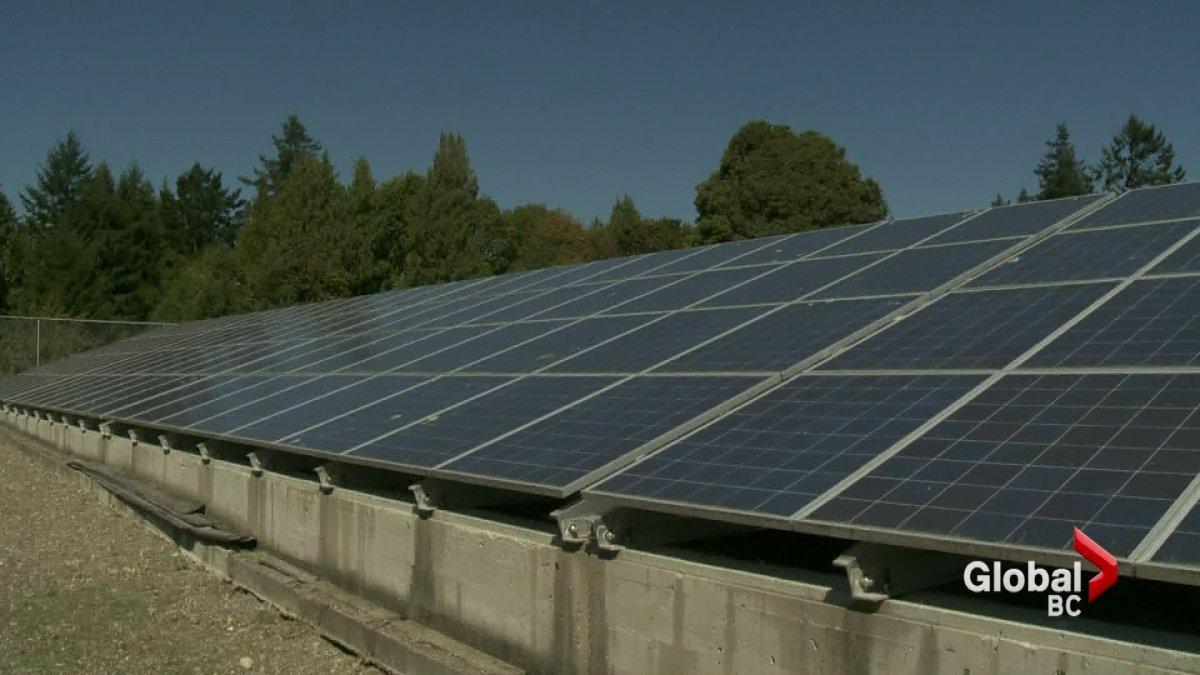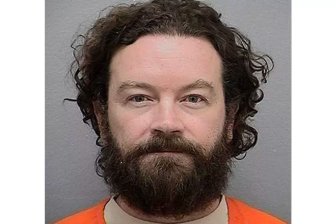A small Vancouver Island First Nations Band is cultivating a homegrown business while leading the way in renewable energy. The cash crop taking root in Nanoose Bay is a green-coloured condiment served with your favourite sushi roll, and it’s also helping energy meters spin backwards.

15,000 wasabi plants are being harvested at three greenhouses near Sooke, making it the first wasabi farm on the Island, entirely run with self-generated energy. The greenhouses are surrounded by solar panels capturing the natural power of the sun, turning the T’Sou-Ke nation, into a 100 per cent self sufficient community.
According to Andrew Moore, a project manager working with First Nations on the solar program, any surplus energy created on the solar panels goes back to BC Hydro.
“We’re probably using only about an 8th of the electricity we’ve created,” said Moore “most of that’s going back to BC Hydro.”

Get breaking National news
In fact, T’Sou-Ke nation with just 250 members is the first Aboriginal community in the world to be classified as a solar community.
“It’s an incredible demonstration of what you can achieve when you think outside the box” said Grand Chief Stewart Phillip of the Union of B.C. Indian Chiefs.
In addition to solar energy and sustainable food, vehicles are electric. Cars are powered by the community’s own solar energy. It’s all an attempt to end the community’s dependence on fossil fuels.
The wasabi growing at the farm is marketed for its medicinal qualities. Funds from the invigorating crop, which is expected to provide greater cash value than vegetables, will go into growing other organic community gardens and a 70-hectare oyster farm, and that’s not all.
To realize the band’s dream of sustainability, upcoming projects currently on the drawing board are designed to harness the high winds coming off the Strait of Juan De Fuca. TimberWest Forest Corp. and EDP Renewables Canada Ltd. are collaborating with T-Sou-Ke band people to develop large scale wind projects on Southern Vancouver Island.
With files from Brian Coxford













Comments